Plan to Survive in Minecraft!
It’s true that just an hour of preparation could shave hours off actually doing something. Being unprepared is a more significant stressor than being ready for something, right? The thinking […]
Planning is the thinking skill that helps an individual develop strategies to accomplish goals. It helps a child to think about how to complete a task before attempting to begin it. For example, Planning is utilized when a child sets out to complete an art project by first deciding what art supplies they will need, carefully assembling and arranging these supplies, and then taking a step-by-step process for completing the project.
Video games can help improve Planning by allowing the practice of this skill while in the midst of a fun and immersive gaming experience. Many games require the use of Planning where sequencing of activities, setting goals, and anticipating the future is required.
Watch the video to learn more about how video games can help your child improve their Planning thinking skill.
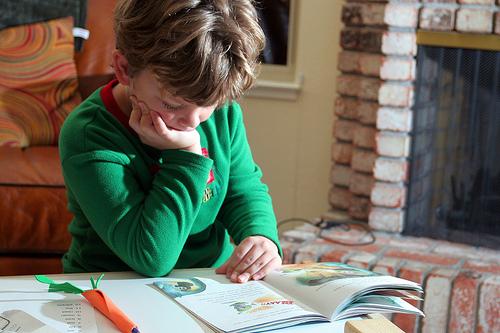 Planning is an important part of your child’s academic advancement, as it is the key thinking skill in allowing them to set strategies, prioritize actions, and accomplish goals. Planning skills are needed for social activities such as extending invitations to friends for a play date and for school-related tasks such as writing an essay, conducting research, and presenting a final project.
Planning is an important part of your child’s academic advancement, as it is the key thinking skill in allowing them to set strategies, prioritize actions, and accomplish goals. Planning skills are needed for social activities such as extending invitations to friends for a play date and for school-related tasks such as writing an essay, conducting research, and presenting a final project.
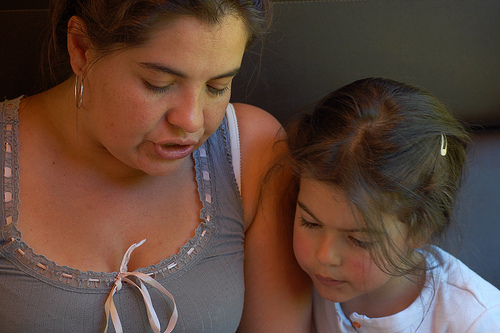 These are some general strategies and ideas for helping kids to improve their Planning skills.
These are some general strategies and ideas for helping kids to improve their Planning skills.
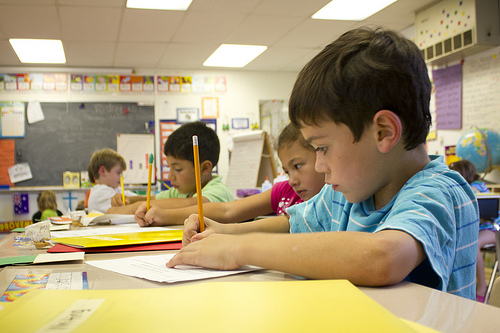
Planning is an integral thinking skill for many of the sciences as well as literary subjects. It is an important skill for completion of long-term academic projects. Planning becomes an increasingly crucial skill as students move into higher grades, as they must juggle multiple classes and exams together with a variety of short, and long-term projects.
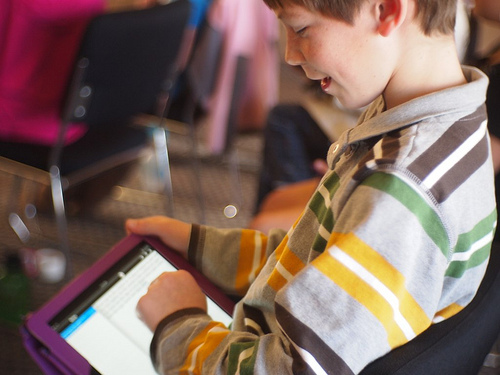
Playing video games, searching the Internet, trying out the newest app, or Facebooking a friend demands a variety of thinking skills. Proficiency with any of these digital tools requires the ability to apply skills such as Planning, Organization, Working Memory, or Self-Awareness. For children, the attraction of video games and technologies makes them an ideal teaching tool for practicing game-based skills and learning to apply them to school and daily activities.
Planning is the most identifiable thinking skill used in video games. When psychologists and educators talk about video games being a great opportunity for developing problem-solving, critical-thinking, and decision-making skills, they are often targeting the importance of Planning in games. Many of the best games require players to develop short, and long-term goals, anticipate the future, and use a step-by-step process for success.
Apps and interactive digital media have become the norm for assisting individuals in Planning. Whether it be a graphic organizer that helps plan a writing assignment, a calendar on one’s cell phone, or a productivity program on one’s computer, the day of the paper planner is quickly fading.
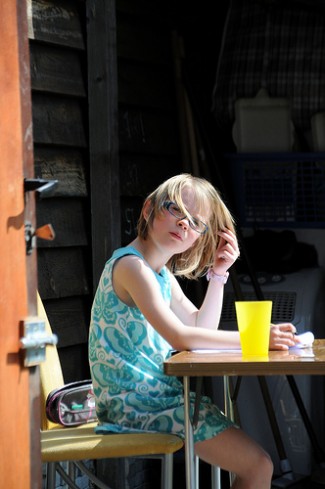 Planning is the most frequently cited skill described in the many theories of executive functioning. The use of planning and foresight is necessary for goal-directed behavior, the accomplishment of which underlies theories of executive functioning. It is a core component of Dawson and Guare’s theory of executive functions, after which we have patterned our thinking skills at LearningWorks for Kids.
Planning is the most frequently cited skill described in the many theories of executive functioning. The use of planning and foresight is necessary for goal-directed behavior, the accomplishment of which underlies theories of executive functioning. It is a core component of Dawson and Guare’s theory of executive functions, after which we have patterned our thinking skills at LearningWorks for Kids.
As an executive function, planning may best be observed in seeing how effective individuals are in setting and completing goals. It also includes how realistic their goal setting is, and the capacity to display foresight into potential impediments to achieving their goals. In addition, planning requires a systematic approach and the sequencing of steps to achieve a goal. Planning helps kids figute out how to complete their homework, get ready for school in the morning, and arrange for methods of getting together with their friends.
Assessing the executive function of planning in children involves determining how prepared they are for starting tasks or activities and how they go about setting goals for themselves. The LearningWorks for Kids Thinking Skills Assessment is based on the Executive Skills Questionnaire, which measures planning primarily by how effective and efficient an individual is in completing tasks. This scale focuses on tasks such as preparedness, setting priorities and goals, and following step-by-step directions,. Planning is differentiated from organizational skills in that planning focuses on how one sequences and organizes activities, rather than possessions.
It’s true that just an hour of preparation could shave hours off actually doing something. Being unprepared is a more significant stressor than being ready for something, right? The thinking […]
Summer is a welcome break from the rigor of school for most kids. They might busy themselves with summer camps, vacations, adventures, free play, and time with family and friends. […]
The Legend of Zelda: Tears of the Kingdom, the latest installment of the famed adventure game franchise, is set to be released on Friday, May 12, 2023. At LearningWorks […]
All membership plans come with full access to our entire suite of tools learning guides, and resources. Here are a few of the ones we think you’ll like the most: